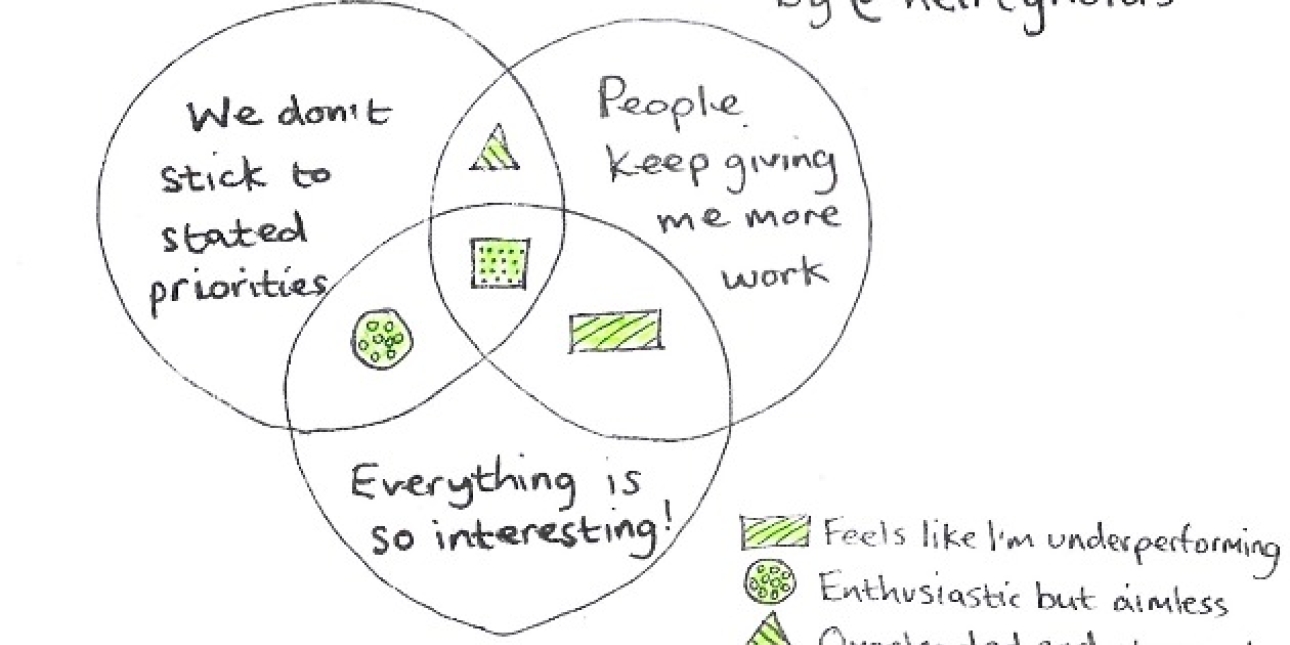PUBLIC RELATIONS
Monday 11th November 2019
A human problem, not a financial one: our jobs in PR are making us ill
As someone who works with around 100 comms and PR professionals every year, I’ve been alarmed by a growing trend - an epidemic of stress and burn-out.
Responses to a survey of over 400 people from the Comms Creatives social accounts confirmed my fears.
- 61% often or always take on more work than they can handle
- 63% are often or always have given work last-minute, and with unrealistic deadlines
- 50% often or always find they can't 'switch-off' when they get home from work
For me, this spells out something sinister: our jobs in PR are making us ill.
So more than half of us sustain a level of stress that’s almost constant. Stress affects how we feel, think, behave and how the body works.
Common effects of stress include sleeping problems, difficulty concentrating, anxiety, low self-esteem and alcohol dependency.
This is a human, not financial, problem.
Businesses describe this problem in economic terms. A recent PR Week article tells us £37billion is lost to stress-related sick days every year in the UK. We’re told an average of 29 working days lost in each work-related stress.
But what about what organisations gain from their PR staff being overworked? By the same calculations, if an employee works 30 minutes extra each working day than their standard hours, the financial gain for the employer is far higher than the cost of days lost to stress.
Employers benefit from a culture of stress.
The organisations that employ us have created a toxic culture where it’s normal to take on too much work: we’re expected to get on with the job with little training, and a big dose of impostor syndrome.
It’s cheaper to make us stressed, then give us workplace mindfulness sessions, and mental health tool kits.
The root of the problem is an ‘always-on culture’, and we need to address a lack of professional development, and an endlessly increasing workload with unrealistic deadlines.

48% of PR and comms professionals often or always don’t have enough rest breaks
Leaders don’t need to tell, or pay us, us to work overtime - they just visibly skip breaks, tell us they’re busy, and email us in the middle of the night so we understand that these are the behaviours that help us to be accepted and ‘get on’.
60% often or always experience impostor syndrome
If we constantly attempt to be perfect workers and satisfying every colleague’s idea of what a good PR professional should be, we’re going to get overwhelmed.
As one of the respondents said:
“Perfectionism drives my work-related stress - and lack of confidence. I never feel that I am doing enough ... and that others are better and getting better results.”
The saddest part for me, as someone who trains communicators to be more creative and confident, is that I encounter very talented people who are hampered by stress. They aren’t doing their best work because they’re stretched too thinly.
54% often or always feel their work isn't as creative as they’d like it to be
One solution is for us to take a stand and demonstrate leadership. We need to: leave work on time and boast about it; refuse work projects that we can’t handle, no matter how interesting or urgent they may seem; put ourselves first, before our employers.
Because we’re not impostors, we are important, and we owe it to ourselves to work in conditions that keep us well and bring out our best performance.
Hel Reynolds is Director of Comms Creatives, a social media training agency for the PR industry.
Featured photo by Christian Erfurt on Unsplash

